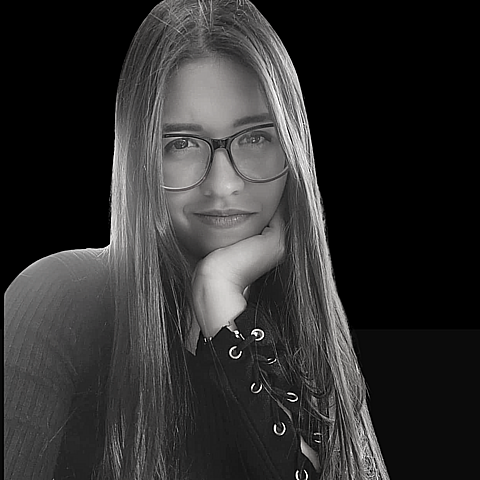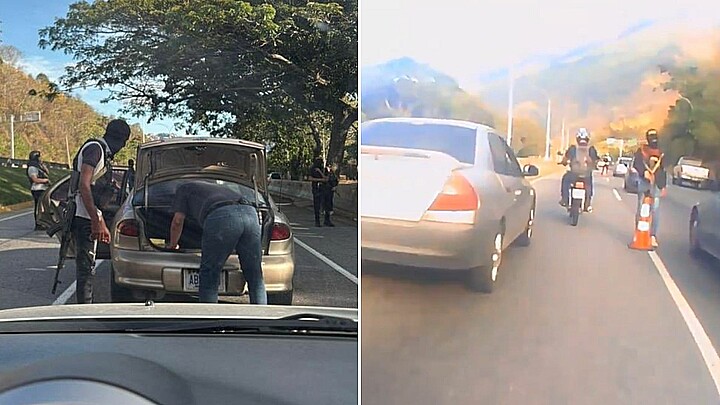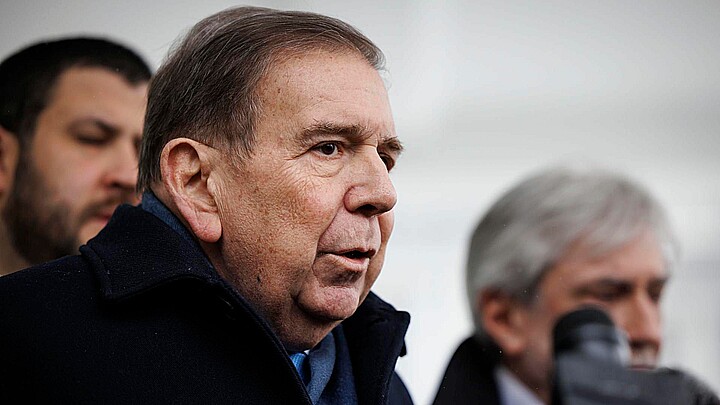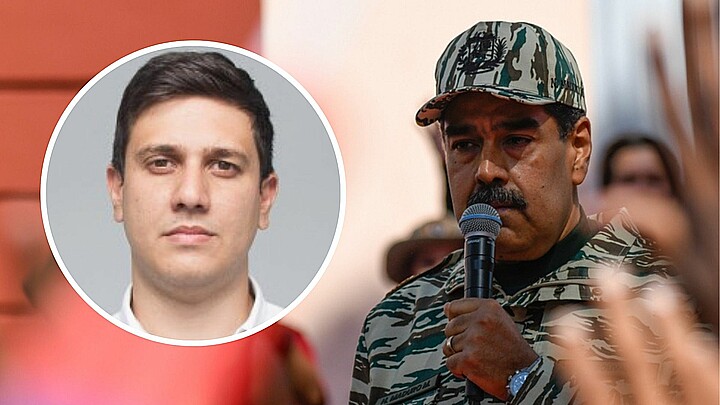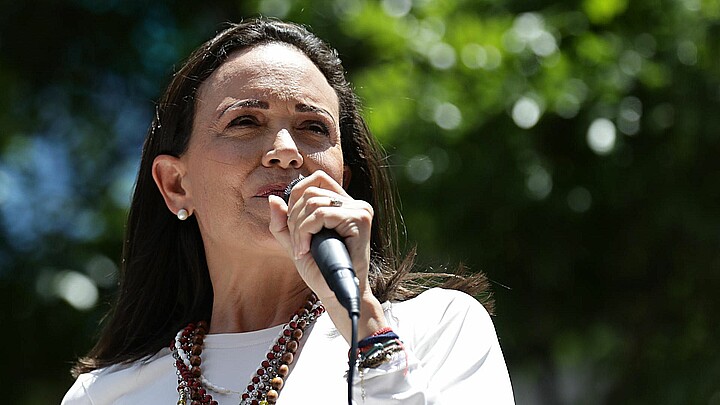Crime
Who is Rafael Quero Silva, former Venezuelan military chief detained by ICE in Miami?
Rafael Quero is accused of allegedly repressing and torturing students and women during the 2014 protests against dictator Nicolás Maduro

March 9, 2025 2:28pm
Updated: March 10, 2025 4:14pm
The U.S. Immigration and Customs Enforcement (ICE) detained former Venezuelan military chief Rafael José Quero Silva in Miami, who is accused of human rights violations in his home country.
Quero is alleged to have repressed and tortured students and women during the 2014 protests against dictator Nicolás Maduro.
Following his arrest, Quero Silva is being held at the Krome North detention center in Miami-Dade County. Human rights advocates are urging U.S. authorities to prosecute him domestically, warning that deportation to Venezuela could shield him from accountability under the protection of the Maduro regime.
Who is Rafael José Quero Silva?
Background and Role in Venezuela
Rafael José Quero Silva served as the commander of Detachment 47 of the Bolivarian National Guard (GNB) in Lara state, approximately 300 kilometers from Caracas. Forces under his command were reportedly involved in violently suppressing protests against the Maduro regime.
Retired Lieutenant José Antonio Colina, a political exile in the U.S. and president of the organization Venezuelans Persecuted Politically in Exile (VEPPEX), told local media that Quero had entered the U.S. and was undergoing immigration proceedings, though it remains unclear whether he had applied for asylum.
Colina stated that two victims identified Quero in Miami and reported him to the Federal Bureau of Investigation (FBI). "His arrest is entirely appropriate, and I hope this sets a precedent for prosecuting other members of the Maduro regime," he said.
Quero is currently being held at Krome North, a U.S. immigration detention center with the capacity to hold 450 adult men, according to the Geneva-based Global Detention Project, which monitors migrant detentions worldwide.
Since Nicolás Maduro took power in 2013, Venezuela has experienced multiple waves of mass protests, leaving hundreds dead. More recently, in the aftermath of the July 2024 elections, demonstrations resulted in 28 fatalities, according to the Attorney General’s Office.
Amid this backdrop, on February 13, students from the Central University of Venezuela (UCV) honored the protesters who died in the 2014 anti-regime demonstrations. According to EFE, young activists painted the names of the victims on the streets leading to the university in commemoration of Venezuela’s Youth Day.
Through social media platform X, members of the Venezuelan Student Movement and UCV students shared photos and videos of the tribute, showing young people painting the names of the fallen demonstrators in white on the university's access roads.
Hoy el movimiento estudiantil en el día de la juventud rinde homenaje a los caídos en las protestas en Venezuela desde el año 2014. Más de 300 jóvenes perdieron la vida luchando por una país en libertad.
— Viva la UCV (@VivaLaUCV) February 12, 2025
¡Su lucha nunca será olvidada! pic.twitter.com/mSZmK4Omm0
"More than 300 young people lost their lives fighting for a free country. Their struggle will never be forgotten!" the movement stated.

